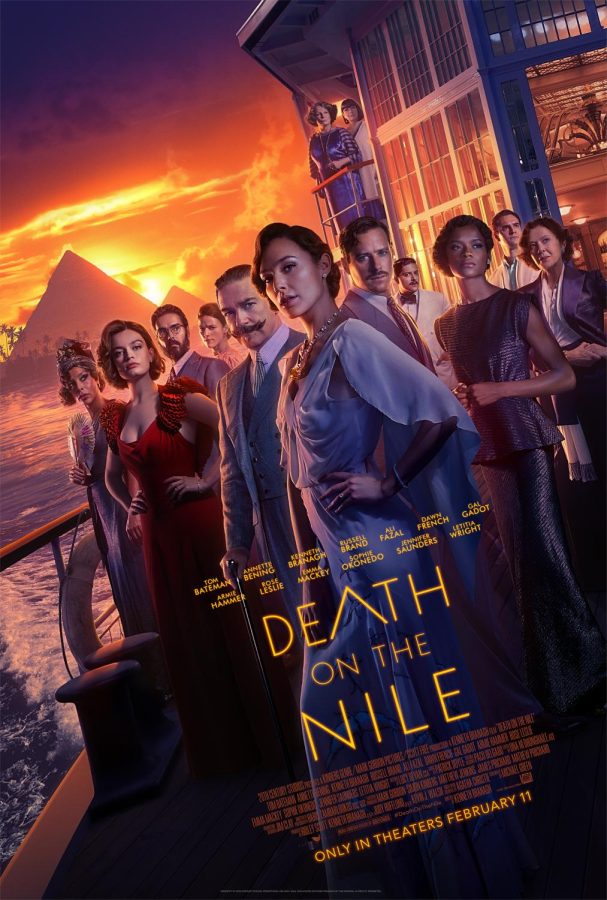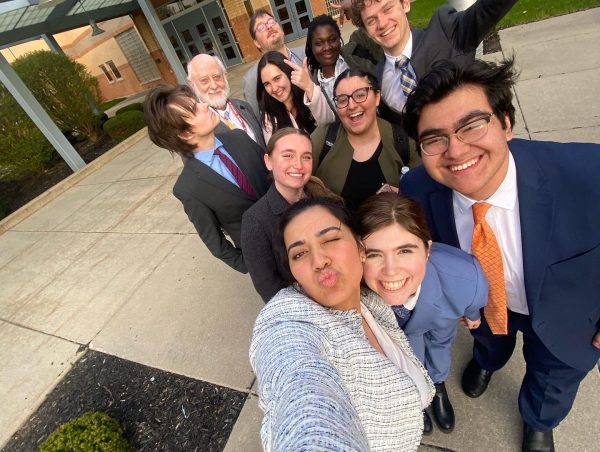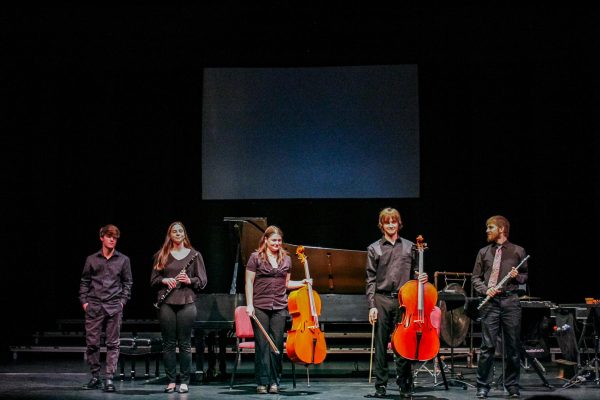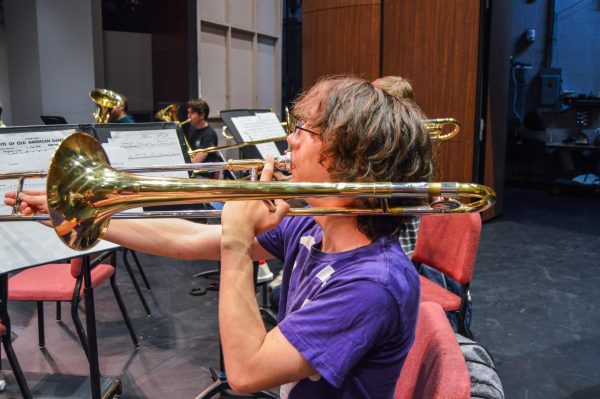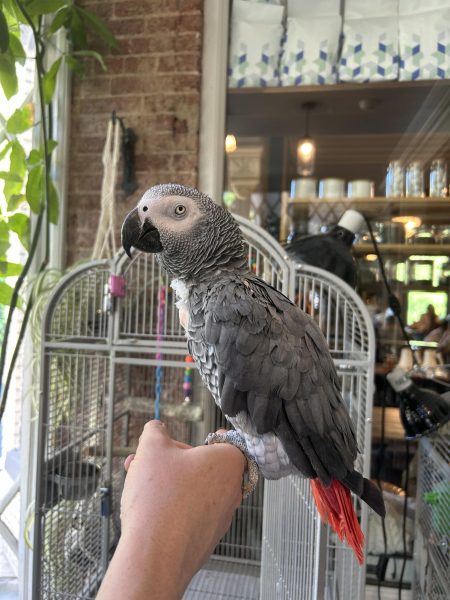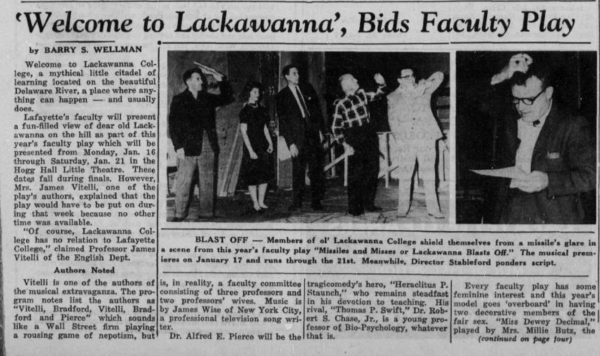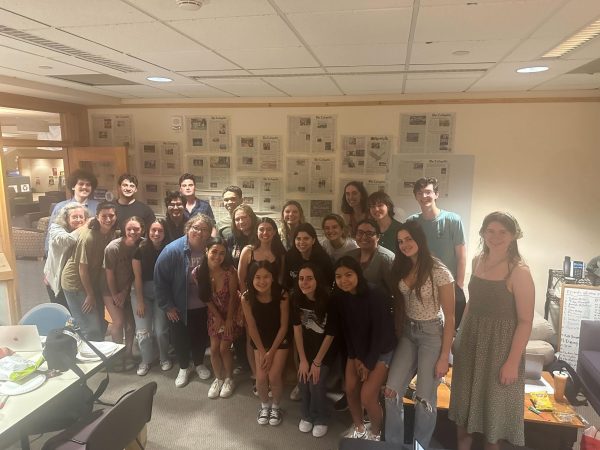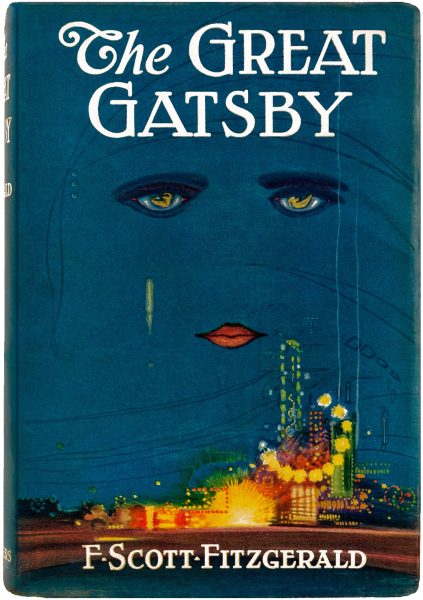Movie Review: ‘Death on the Nile’ tackles understandings of race and unseen histories, lacks well-rounded characters
Although ‘Death on the Nile’ features some impressive acting and beautifully-shot visuals, its characters and ending leave something to be desired. (Photo courtesy of IMDb)
February 18, 2022
It’s a tale of romance, exotic travels and murder on the high seas. After nearly two years of delays, Kenneth Branagh’s adaptation of the Agatha Christie’s novel “Death on the Nile”, a sequel to the film adaptation of “Murder on the Orient Express,” has made its way into theaters.
Branagh shows off his remarkable talents as he takes the roles of both director and leading role, a long-standing tradition in many of his projects. In this case, Branagh has created a decent picture that is worth seeing, not for its narrative, but for the discussions it generates regarding the retelling of old stories.
In this film, legendary detective Hercule Poirot returns once again to uncover the mysteries of several crimes onboard a cruise ship traveling down the Nile River. Central to the plot is a love triangle between two women vying for the affection of Simon Doyle. Both of the women seem willing to do anything, perhaps even commit murder, to obtain his hand in marriage. Helping Poirot in his quest are two musicians aboard the ship, Salome and Rosalie — but do they have a hidden agenda, too?
While many know Agatha Christie for the important innovations she brought to the mystery genre through her novels, her works contain highly dated and derogatory understandings of race. Branagh should be credited for making necessary revisions to the source material, such as casting black actors in starring roles.
For instance, the film’s best moment is its opening: a flashback that shows the main character as a young Belgian officer working with Congolese soldiers. This addition, not featured in the source material, reminds viewers of the contributions of Black soldiers during World War I. It’s a beautifully shot tribute that showcases unseen histories in productive ways.
Branagh also does not stray away from highlighting white violence, cultural appropriation and the degradation of cultural artifacts inflicted by European expansion efforts.
However, even if Branagh addresses these issues overtly and subtly in this adaptation, to what extent is he also taking part in the revisionist history of Christie’s text? It’s a fine line he’s towing here, and I feel audiences should think about this issue as they watch the film.
In terms of performances, Branagh, here portraying Poirot, rarely gives a bad one himself. Throughout his decades of filmmaking, he always seems to bring out the best in his actors. Most notably, Letitia Wright as Rosalie Otterbourne and Emma Mackey as Jacqueline de Bellefort showed great versatility and prowess in their roles. Both are rising stars in Hollywood with bright careers ahead of them.
The technical aspects of the film are also marvelous across the board. Egyptian monuments such as the Great Pyramids and the Abu Simbel Temples are depicted in breathtaking ways, and they contrast well with darker imagery that accompanies interrogation, murder scenes and action set pieces. Additionally, the score and sound effects create a vibrant atmosphere and cinematic tension.
The issues of this film stem mainly from its somewhat melodramatic ending and its lack of intriguing characters outside of Poirot, Otterbourne and Bellefort. I wish some of the characters, all of whom looked visually interesting, were more well-rounded. Most of them were just somewhat snotty, rich and unmemorable. Additionally, countless detective novels have already explored the film’s lessons about greed, jealousy and corruption.
As a whole, this one is only a moderate recommendation from me.
This film has been under scrutiny because of 2021 allegations of sexual misconduct against actor Armie Hammer, who plays Simon Doyle. Though the truth remains unclear, I condemn all acts of sexual assault, harassment, violence and rape.



































































































